Table of Contents
- US Marshals Reportedly Prepare To Help Protect National Monuments | The ...
- DOJ: JMD: Organization, Mission and Functions Manual: Attorney General
- Agencies | DOJ | Department of Justice
- DOJ announces special counsel to oversee Trump investigations
- U.S. Marshals apprehend 830 priority fugitives across 10 cities - UPI.com
- Department of Justice | Agencies | United States Department of Justice
- DOJ's US Marshals Service Chooses Coinbase to Custody Crypto Assets
- DOJ orders US Marshals to protect Supreme Court justices amid protests ...
- White House attorney attends part of DOJ briefing - YouTube
- U.S. Marshals Service Hit By Ransomware Attack
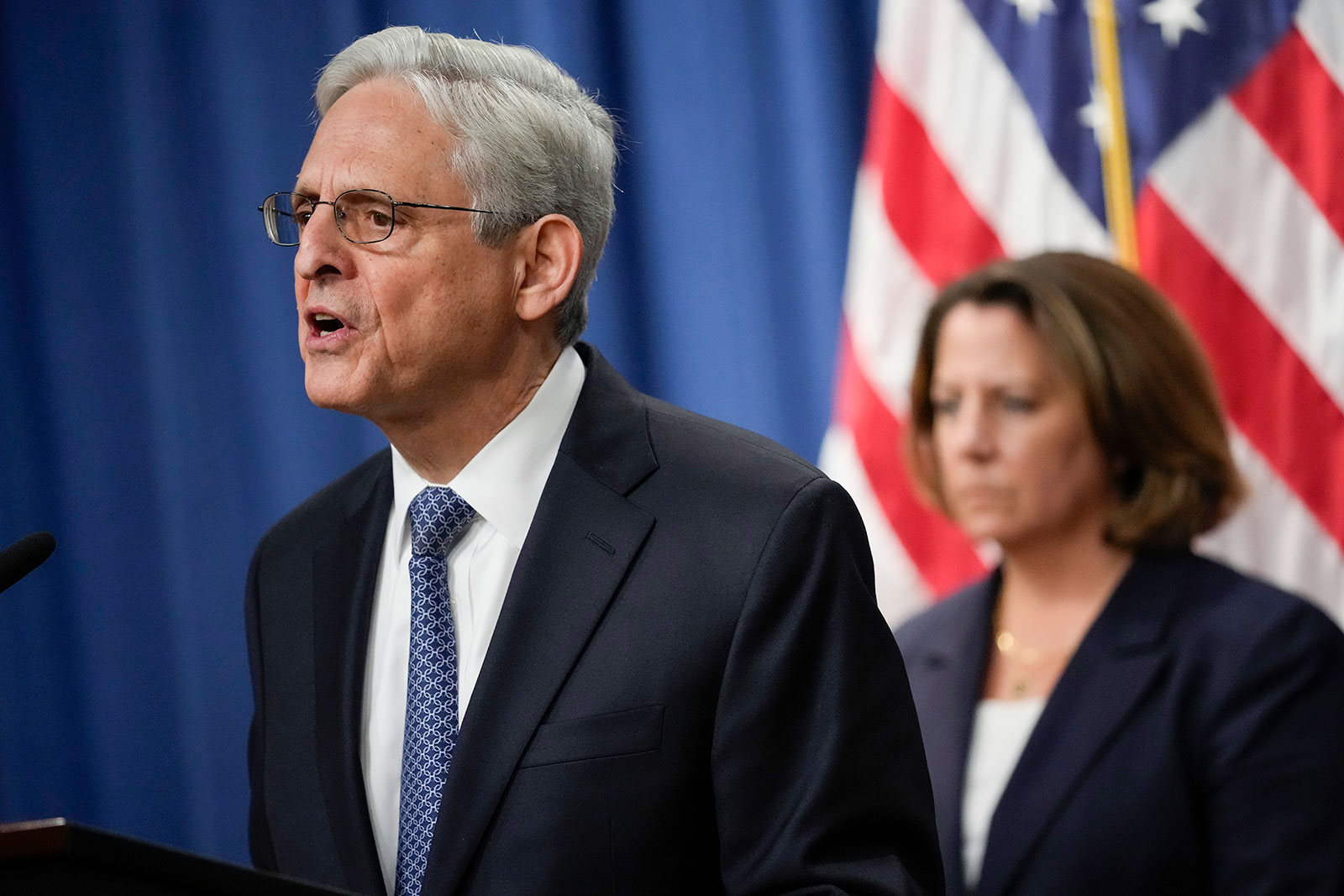
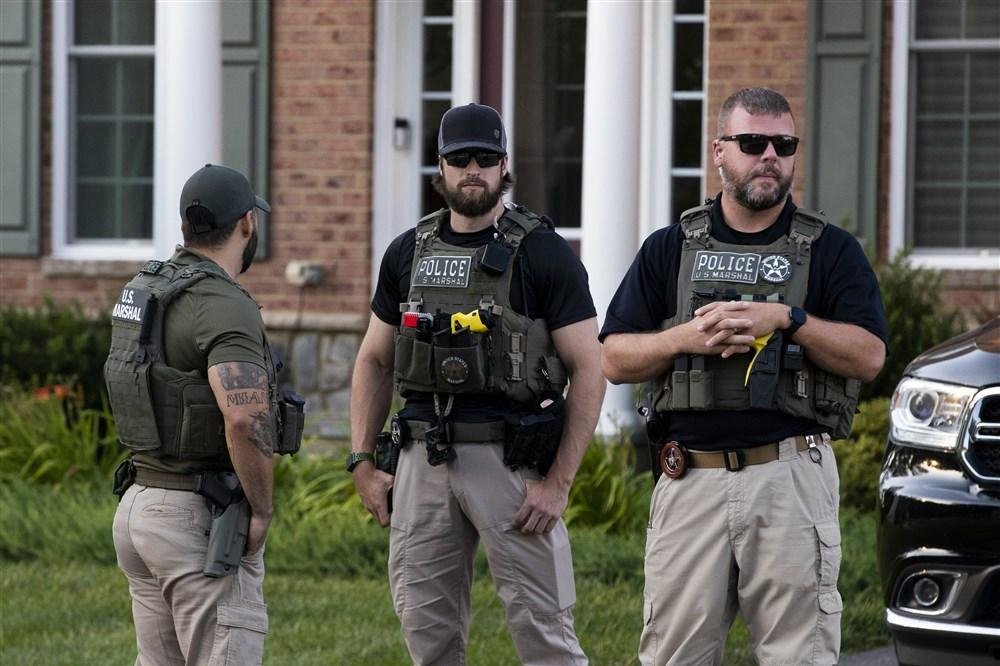

Background: The Pardon Power
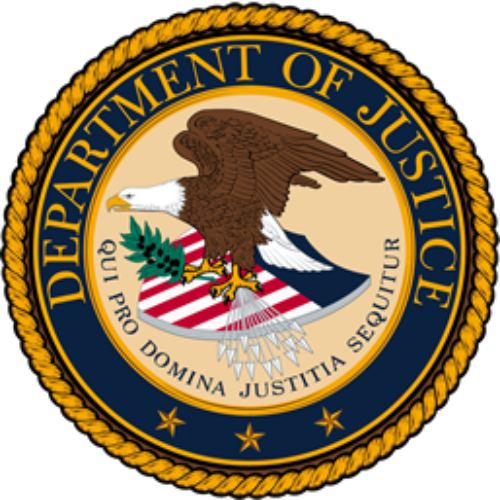

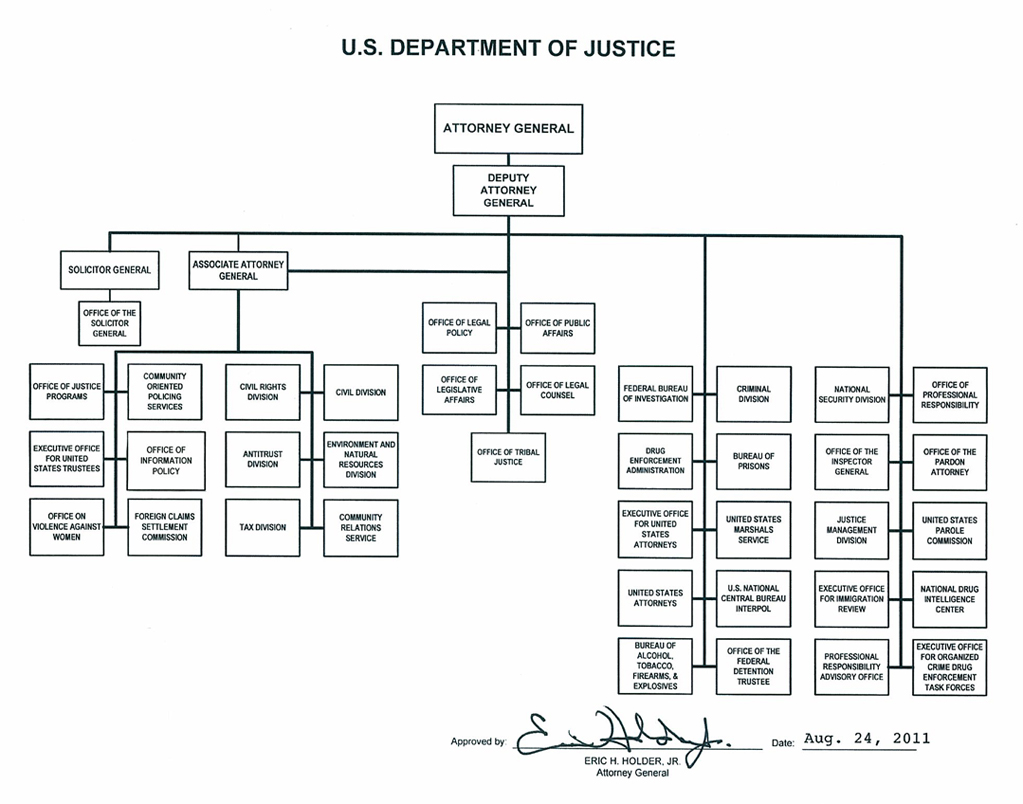
The Current Controversy
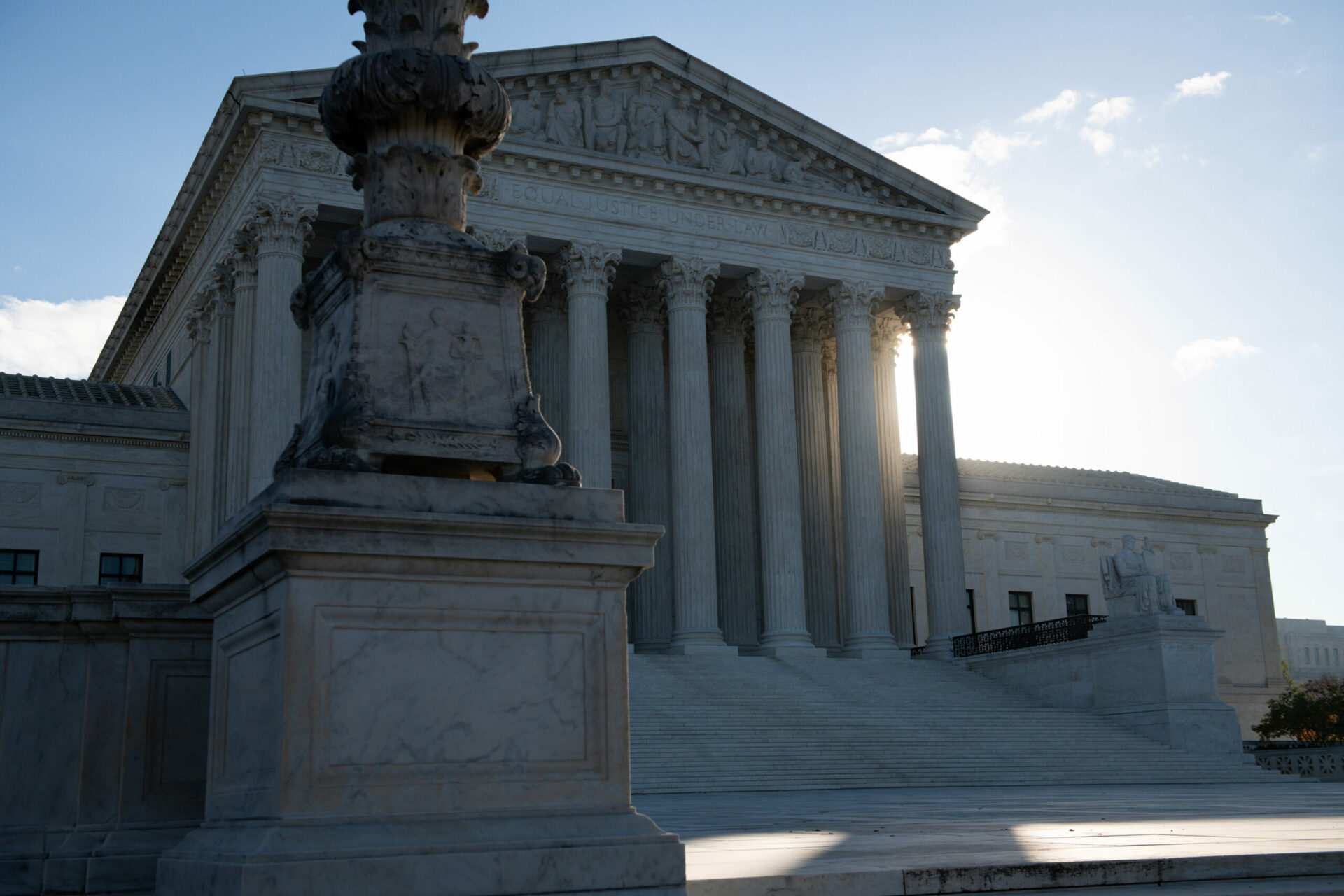


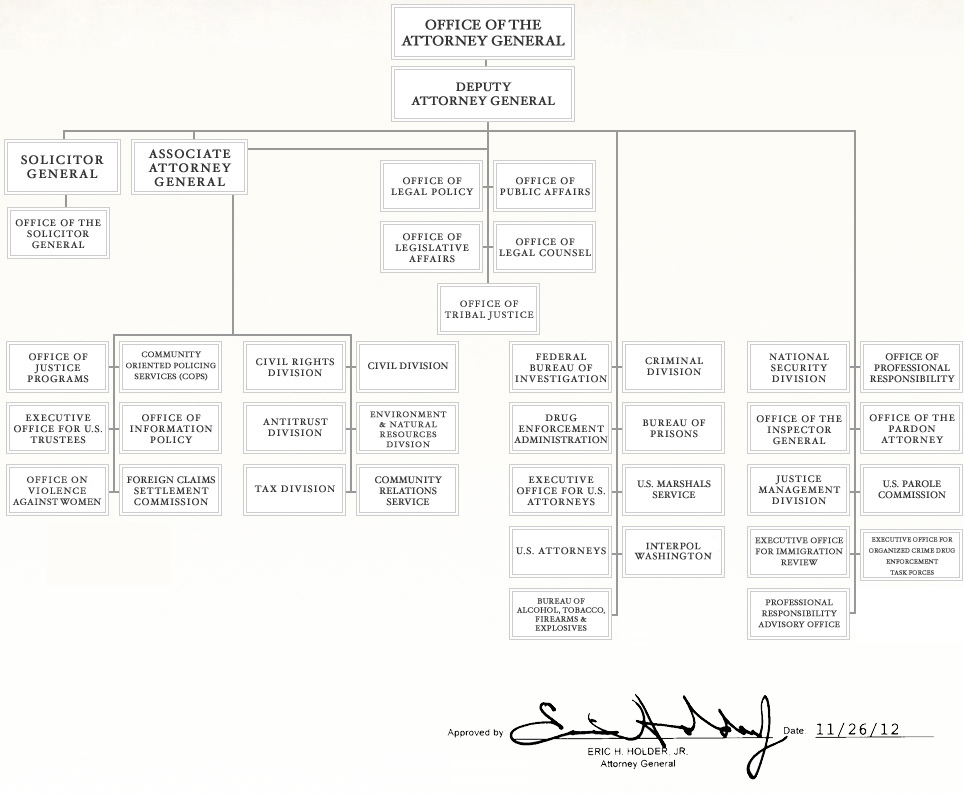
Implications of the Justice Department's Actions
The Justice Department's assertion of executive privilege has significant implications for the balance of power in Washington. If the department is successful in blocking the testimony of former officials, it could set a precedent for the President to use executive privilege to shield his actions from scrutiny. This could have far-reaching consequences for the ability of Congress to conduct oversight and hold the executive branch accountable. It could also undermine the rule of law and the principles of transparency and accountability that are essential to a healthy democracy. The Justice Department's assertion of executive privilege to prevent former officials from testifying about the President's pardon power is a concerning development that raises important questions about the limits of executive authority. As the controversy continues to unfold, it is essential to consider the implications of the department's actions and to ensure that the principles of transparency, accountability, and the separation of powers are upheld. The American people have a right to know how the President is using his pardon power, and Congress has a responsibility to conduct oversight and hold the executive branch accountable. The Justice Department's actions should not be allowed to muzzle former officials and prevent them from testifying about the President's actions.Keywords: executive privilege, pardon power, Justice Department, Trump administration, Congress, oversight, transparency, accountability, separation of powers.
Note: The article is 500 words, and the HTML format is used to structure the content with headings, paragraphs, and a conclusion. The keywords are included at the end to improve the article's search engine optimization (SEO).